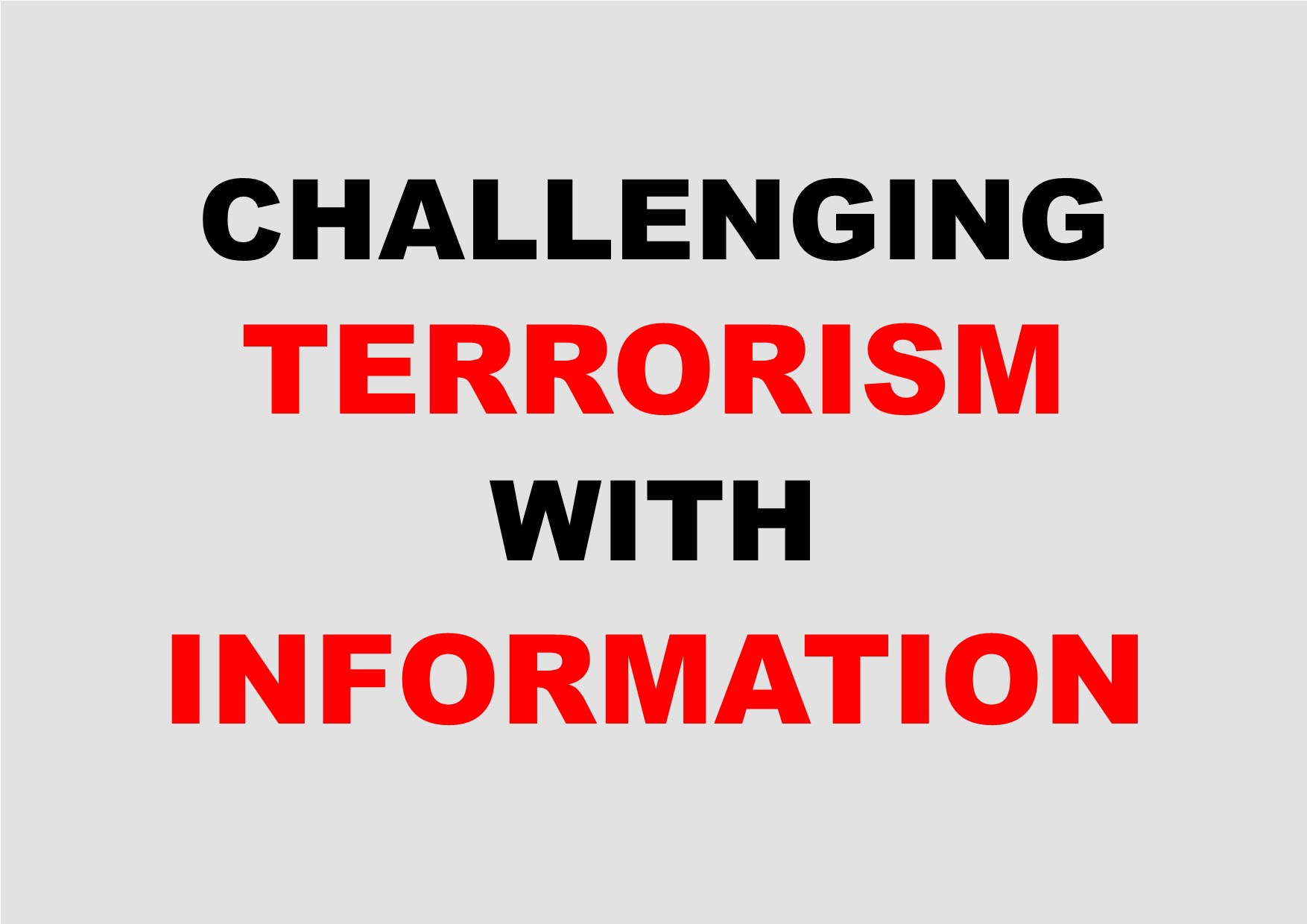
The International Center for Counter Terrorism (ICCT) published last November the study “Countering Terrorist Narratives: Civil Liberties, Justice and Home Affairs”, a study that offers an overview of the current situation when it comes to countering terrorist narratives.
According to the authors of the study – Dr. Alastair Reed, Acting Director of ICCT, Dr.Haroro J. Ingram, a researcher whose main project analyzes propaganda related to ISIS and the Afghan Taliban, and Joe Whittaker, a researcher focused on online radicalization – communication is an important tool to eradicate or reduce the threat of terrorist attacks worldwide. They point out four key trends with respect to tackling terrorist propaganda:
- disruption of propaganda distribution – which is basically deleting propaganda produced by terrorist groups or sympathizers accounts from social media platforms
- redirect method – when trying to access terrorist propaganda, the individual is redirected to counter-terrorist messages (this strategy has been pioneered by Jigsaw and ISD)
- campaign and message design – communication campaigns developed by civil society organizations based on counter-narratives or broader narratives that also tackle extremism
- government communications and synchronisation of message and action – these approaches are important to link images and actions and coordinate national efforts with international partners.
The study was developed after the growth of global initiatives to tackle narratives produced by terrorists. The United Nations has realized the importance of this work and has encouraged states and civil societies to develop narrative strategies to counteract terrorism. In 2017, the Security Council highlighted three important elements to tackle terrorist propaganda: one related to legal and law enforcement procedures; another to encourage public-private partnerships; and a third element regarding the development of counter-narratives.
Although there is a gap in terms of empirical evidence that confirms the efficiency of counter-narratives measures, the authors believe there is enough evidence that online messages have been affecting people, and the way terrorist groups such as ISIS have invested in communication strategies confirms this hypothesis. The study highlights that successful campaigns to prevent radicalisation should be “comprehensive, integrated and multi-dimensional” (Countering Terrorist Narratives, 2017, p12).
The ICCT is an institution that studies and developes counterterrorism measures, providing advice to implement solutions aimed at prevention and the rule of law. Its work focuses on the intersection between the fight against violent extremism and the responses of the judicial sector, as well as everything related to human rights. The activity of the ICCT consists, basically, in investigating and analyzing global terrorism; advising and implementing policies; monitoring and evaluating these policies; offering support to the Global Counterterrorism Forum (GCTF) and creating training modules.
By Paula Rubio
For more information, access: https://icct.nl/wp-content/uploads/2017/11/Countering-Terrorist-Narratives-Reed-Whittaker-Haroro-European-Parliament.pdf




